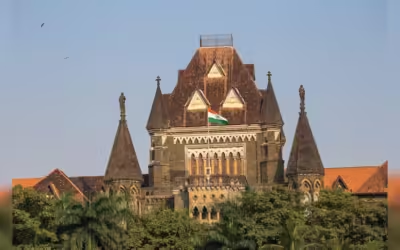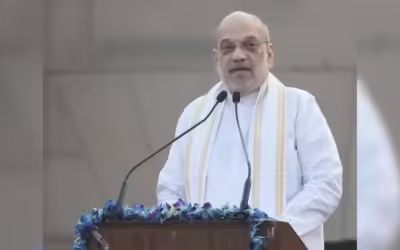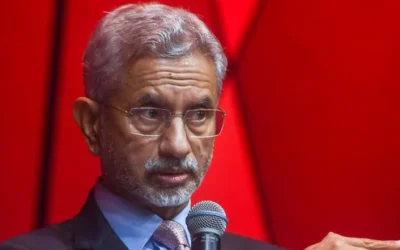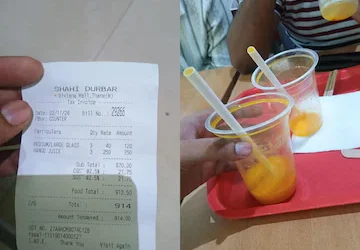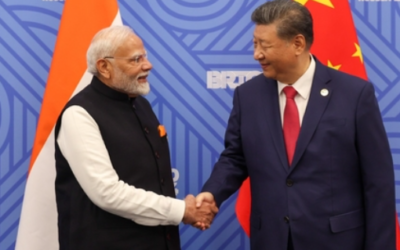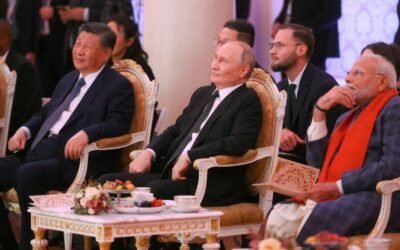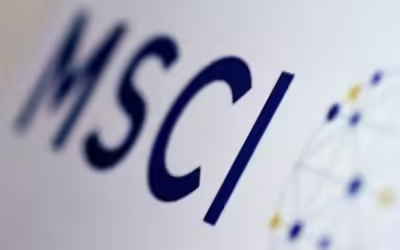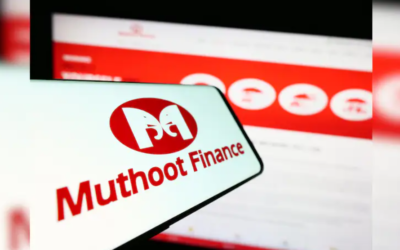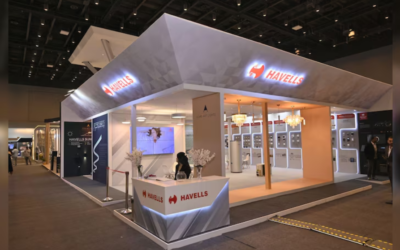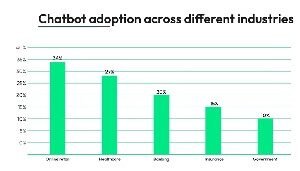The Aequs Group, headquartered in Karnataka, is presently in a probationary phase to secure validation as an official supplier for Apple. Recognized for its production of various items such as toys, consumer durables, and aerospace components, the company stands poised to be the second Indian entity to partner with Apple as a supplier.
Aequs group, a diversified contract manufacturer from Karnataka, is currently in the “trial stage” to potentially become a supplier for Apple, according to sources familiar with the matter. Should the company, known for producing toys, consumer durables, and aerospace components, successfully complete the trial phase, it would be poised to become the second Indian firm included in Apple’s supplier roster. Moreover, it would hold the distinction of being the sole domestic company responsible for manufacturing parts for MacBook PCs and Apple watches.
Tata Electronics currently stands as the sole Indian provider for Apple, specializing in crafting iPhone enclosures. According to an anonymous source speaking to ET, Aequs has initiated testing phases for producing MacBook casings and various mechanical parts for the Apple watch. The components have been dispatched for a compatibility assessment at a designated Apple supplier in Vietnam.
In December of last year, ET broke the news that Aequs group was one of the Indian companies engaged in advanced discussions with the Cupertino-based company. Analysts noted that Aequs was capable of manufacturing sophisticated products like iPhone cases with exceptional precision. Despite reaching out to Apple and Aequs for comments, ET did not receive any responses by the time of publication.
According to experts, becoming an Apple supplier is a challenging endeavor for an Indian player, despite being a notable achievement.
A source, opting for anonymity, mentioned that India may boast a robust pool of suppliers capable of tapping into Apple’s supply chain. However, gaining entry usually entails a rigorous assessment process, making it challenging to meet Apple’s stringent customization and quality requirements. Consequently, even if a supplier manages to join Apple’s supply chain, they are likely to start with outdated or less advanced components in terms of tooling, machining, and finishing capabilities.
The individual suggested a scenario where Indian suppliers would initiate production with aluminum instead of the titanium casing employed by Apple in its newest smartwatches. They noted that for suppliers, this shift also entails enhancing their skills, considering Apple’s preference for high-quality materials such as anodized recycled aluminum for MacBooks, contrasting with the plastic or polycarbonate favored by other manufacturers.
According to analysts, entering the electronics manufacturing sector in India offers a promising opportunity for conventional non-electronic businesses. This move is expected to enhance the industry’s scale and strength significantly.
Apple was in search of alternative suppliers from India, Japan, Taiwan, and South Korea to furnish essential components to its contract manufacturers in India. This move came after encountering delays in government approvals for imports from current suppliers, mostly of Chinese descent, for batteries, camera lenses, chargers, and other necessary equipment for the production of its top-tier iPhones and iPads in India, as reported by ET on December 5 of the previous year.
Emboldened by the production-linked incentive (PLI) scheme, Apple is actively promoting manufacturing in India to broaden its supply chain beyond China. The company is actively seeking Indian suppliers to expand its activities in the region. Notably, some major players in electronics manufacturing services such as Foxconn, Pegatron, and the recently acquired Tata Electronics (formerly Wistron) are already established in India.
The rapid expansion extends to suppliers as well. Foxconn, for example, intensifies its investments in India. This Taiwanese manufacturing giant not only enhances its current infrastructure but also explores venturing into new sectors within the nation.
Furthermore, Tata Electronics has shown a robust expansion strategy, while Corning and Jabil, both American companies, have also revealed significant investments to meet the growing requirements from Apple.












